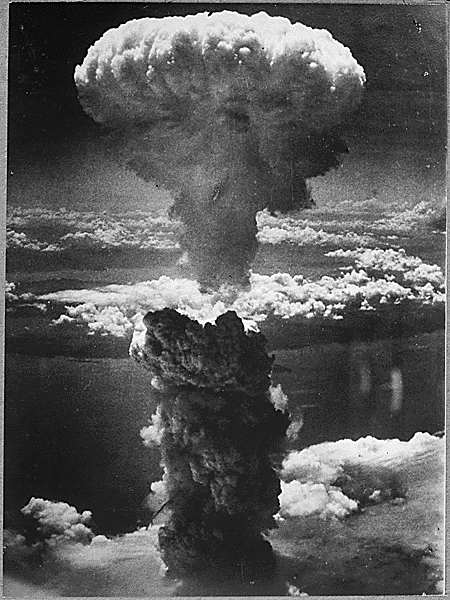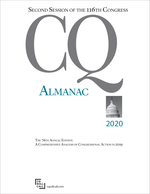
 1944
1944
The GI Bill provided unprecedented aid for veterans' education and employment training.  1945
1945
The Yalta conference shaped Allied and Soviet spheres of influence, demarking Cold War borders. The Yalta papers were later released in 1955, stirring fresh controversy regarding the political impact of concessions to Soviet side.  1945
1945
The atomic bomb increased the risks of war, introducing new security concerns ahead of post-war negotiations.  1945
1945
As the Allies advanced in 1945, FDR urged Americans not to slacken their war mobilization efforts. The Allies celebrated Japan's surrender on August 15th.  1945
1945
The UN was formed with the aim of enabling member states to prevent future wars after the carnage of WWI and WWII.  1947
1947
Truman announced a plan to aid Greece and Turkey in order to stem the growing power of communists. He pledged to assist any country resisting communist forces, citing a possible "domino effect" which could result in takeovers in surrounding regions if the United States did not intervene with economic assistance.  1947
1947
The Marshall Plan for reconstruction in Europe was introduced in order to rebuild war-ravaged countries and prevent the spread of communism. |
|









